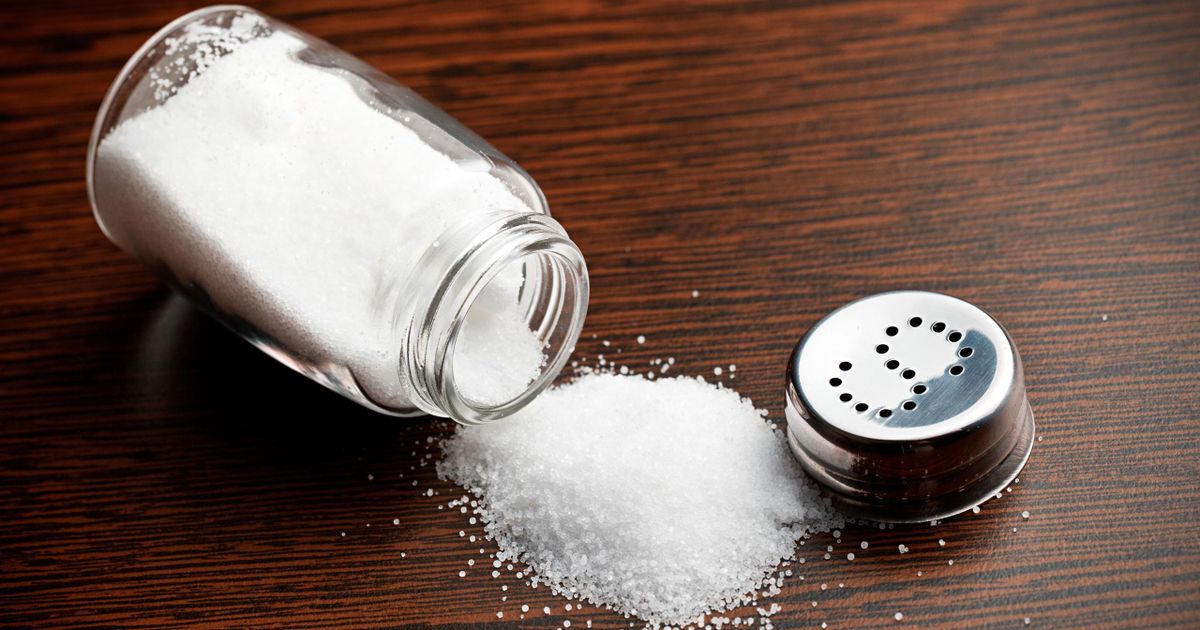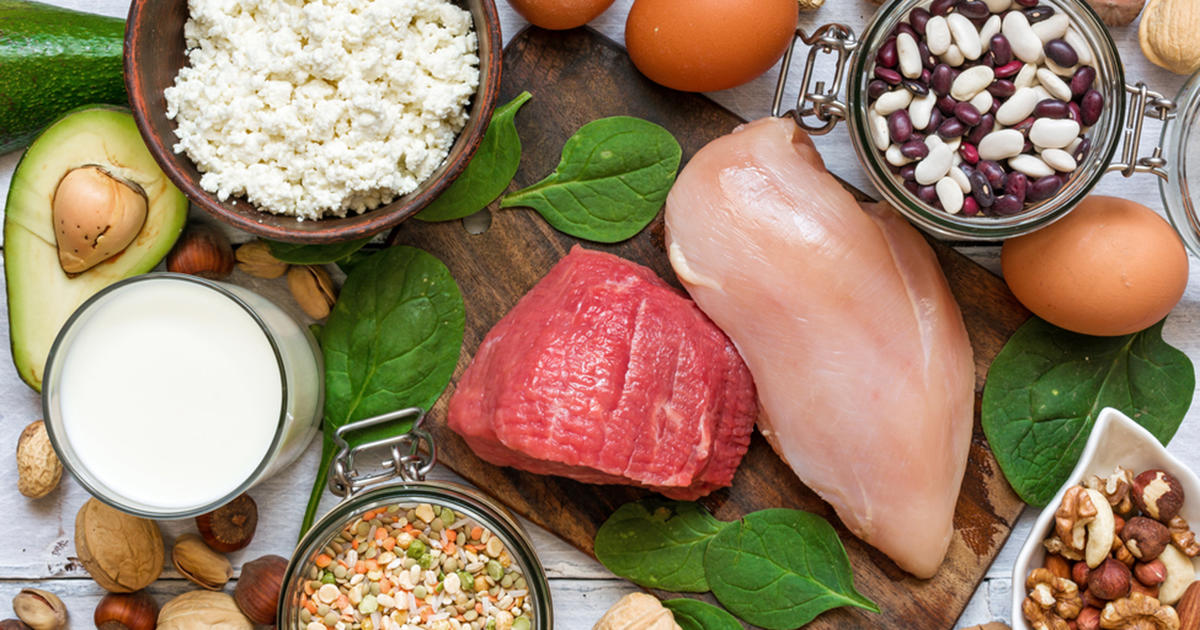Guide To Treating Glomerulonephritis
Reduce Consumption Of Salt

Patients may be told to reduce their consumption of salt to help treat glomerulonephritis. Salt or sodium is an electrolyte that regulates the quantity of fluid within the body. When the blood sodium levels are high, the kidneys respond by retaining water. This causes the blood volume to increase, and blood pressure follows suit. This results in the worsening of kidney disease due to the strain high blood pressure puts on the impaired kidneys. To help prevent further kidney damage, a patient will be instructed to refrain from putting salt in any of their foods. Additionally, processed foods, canned foods, processed meats, and salted snacks will need to be completely eliminated from the patient's diet. The physician will recommend using sodium-free spices and fresh herbs in the place of salt. While most individuals on a low salt diet would jump for salt substitutes, those who have glomerulonephritis should avoid them entirely because they only replace sodium with potassium.
Get the details on more options for treating glomerulonephritis now.
Lessen Protein And Potassium In The Diet

A physician may recommend for patients with glomerulonephritis to lessen protein and potassium in their diet. The objective of this restriction is to reduce the risk of developing chronic kidney disease or end-stage renal failure. When protein is digested in the body it forms a byproduct called urea. In a healthy individual, urea is transported by the bloodstream to the kidneys where it is removed from the body through the urine. The kidneys of a glomerulonephritis patient, however, cannot extract urea out of the blood properly. The excess urea puts a strain on the already compromised kidneys. In addition, a patient with glomerulonephritis may develop what is called uremia, or a toxic accumulation of urea in the blood. Limiting the consumption of protein can help keep urea levels at an acceptable level that does not cause harm to the kidneys. When an individual has glomerulonephritis, their kidneys also cannot properly filter potassium out of the blood. An excess of potassium in the blood can result in the disruption of nerve and muscle function, a heart attack, or an arrhythmia. Avoiding potassium-rich foods like sweet potatoes, spinach, nuts, oranges, bananas, tomatoes, dairy products, and legumes can help keep potassium levels from becoming dangerously high.
Learn more about treating glomerulonephritis effectively now.
